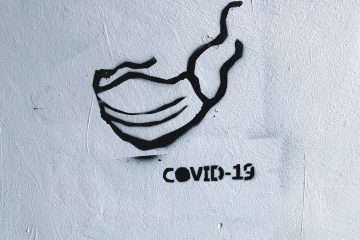On 14th September 2019, as the world watched, Zimbabwe’s former president, Robert Mugabe, was remembered during a state funeral. The stadium in which the funeral was held has a capacity of 60,000; attendance, however, was limited. The BBC reported many Zimbabweans stating they would ‘shun’ the funeral in response to Mugabe’s repression and abuses during the latter part of his presidency. Such responses suggest that for many Zimbabweans, the horrors of human rights abuse have not faded.
The experience of Silvanos Mudzvova, one of PoC’s beneficiaries, is demonstrative of the human rights abuse prevalent during Mugabe’s presidency. An actor and playwright, Silvanos was repeatedly arrested and tortured by Mugabe’s state security system. In September 2016 he was abducted and subjected to brutal beatings and torture by the authorities. Silvanos’ experience is, unfortunately, far from unique.
Since Mugabe’s death earlier this month, Zimbabwean communities, along with the media, have debated both Mugabe’s legacy, and the country since his demise. Media headlines such as a ‘legacy of broken souls’ (Time), ‘troubled legacy’ (The Independent) and a ‘bitter legacy’ (Economist), point toward this debate, and shed light on the downward-turn of a once-acclaimed independence leader. What cannot be mistaken, however, is that no matter the foundations of Mugabe’s leadership, violent abuse of power, of communities, and of individual people recurred throughout the latter half of Mugabe’s presidency.
However, the question of Mugabe’s legacy serves as a stark reminder that in Zimbabwe, despite the overthrow of the former-President in November 2017, human rights abuse remains not a legacy, but relentlessly familiar. Since the coup of 2017, PoC has provided 19 grants to prisoners of conscience from Zimbabwe. Thulani Mswelanto is one of PoC’s recent beneficiaries; accused of planning demonstrations against President Mnangawa, Thulani has been unable to return to his home in Zimbabwe for fear he will be abducted and arrested.
The culture of fear and intimidation that Mugabe fostered has, for many Zimbabweans, continued under his successor, President Emmerson Mnangagwa. With military crackdowns during elections, threats against opposition parties, and a plethora of abductions, Zimbabwean prisoners of conscience face grave consequences in the face of standing up for their rights.


